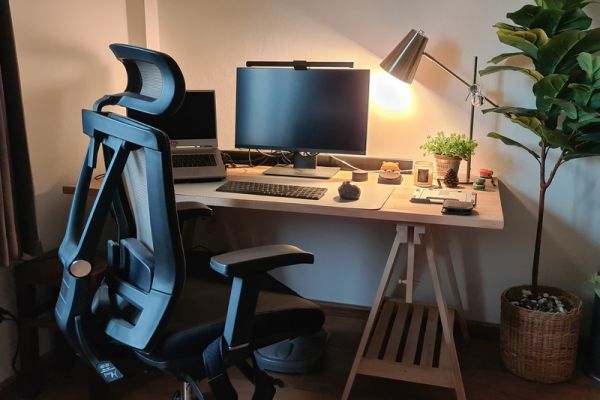The importance of women's brain health

The brain is one of the most important vital organs in your body. According to Aristotle, “The energy of the mind is the essence of life.” Brain health is a critical element for our body’s overall health. A healthy brain means better communication, improved problem solving ability and decision making, as well as a more productive life. If your brain health is not optimal, your overall well-being may be impacted physically and mentally.
The importance of brain health
Below are a few examples of conditions that can affect brain health:
- Malnutrition and vitamin deficiencies
- Unmanaged and/or untreated mental health conditions such as depression, anxiety, bipolar disorder, PTSD, schizophrenia, etc.
- Cardio-vascular diseases such as stroke, high-blood pressure etc.
- Chronic inflammatory diseases such as multiple sclerosis, lupus etc.
- Autoimmune diseases such as rheumatoid arthritis, Hashimoto’s autoimmune thyroiditis, etc.
- Brain-tissue injuries such as concussions, stroke, etc.
Why focus on women’s brain health?
According to a report by Brain Canada, mental health is one of the most prominent health burdens for Canadians and their families. Canadian women live about five years longer than Canadian men, and recent reports have discovered that females account for about 70 percent of the population living with brain aging diseases and dementia. Several brain-health issues such as brain tumors, depression. and headaches are more likely to affect women than men.
Why women are more susceptible to conditions impacting the brain
“It’s not that male and female brains are built differently, it’s because they age differently” said Lisa Mosconi, the Director of the Weill Cornell Women's Brain Initiative (WBI). These disparities are driven by multiple factors such as hormones. Hormones are not only crucial for fertility and reproduction, but they also play a significant role in brain health.
What can you do to keep your mind healthy?
The first step involves asking yourself: what do I currently do to try and keep my brain health in check? Am I sleeping enough? Do I eat well? Do I keep my body and mind active?
Once you know where you can improve, you can focus and implement an action plan. Here are some ways that can help keep your mind healthy:
Exercise regularly
Regular physical activity delays age-related brain degeneration, maintains cognitive capacities that generally decline with age, aids in reducing blood pressure, and prevents vascular disease. Exercise of the mind is equally as vital as exercise of the body. Puzzles and logic-strengthening games like chess and Sudoku require strategic thought - making them great mental workouts.
Get enough sleep
Sleep is very crucial for brain health and is essential for proper functioning of the brain, the immune system, and many other systems in the body. Doctors recommend a restful sleep of six to seven hours each night, which allows your brain to dispose of metabolic waste and optimize memory.
Be mindful of your eating habits
A well-balanced diet helps slow the loss of brain function and prevent dementia. Try consuming more vegetables, berries, olive oil, fish, nuts, whole grains, beans, poultry, and wine – foods that contain more nutrients for both the body and the brain. A diet high in processed foods, salt, and refined sugars can cause inflammation and vascular disease which can lead to tissue damage.
Build social connections where you can
A social network can improve your mental health, contributing to a decreased the risk of anxiety and depression. It can also lead to better self-esteem and help you build more trusting and cooperative relationships.
Don’t forget to have fun
Learn something new, try a new game, indulge in a new hobby and be creative! Do what interests you; there is no limit to having fun in life. Activities that nourish your brain like learning a new language, doing crossword puzzles and being socially active can improve your overall brain health.
Interested in learning more about how we can support you? Please check our locations page to find a clinic near you or book online to schedule an appointment.
This blog was written by Vanessa Alyssa Crudo, an Occupational Therapy student at the University of Toronto.

















































































We can help you move and feel better.
Book an appointment today.